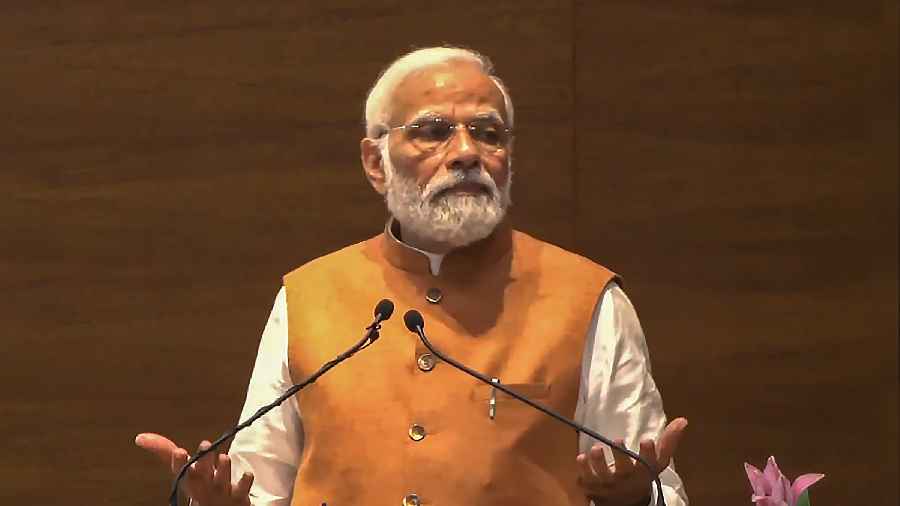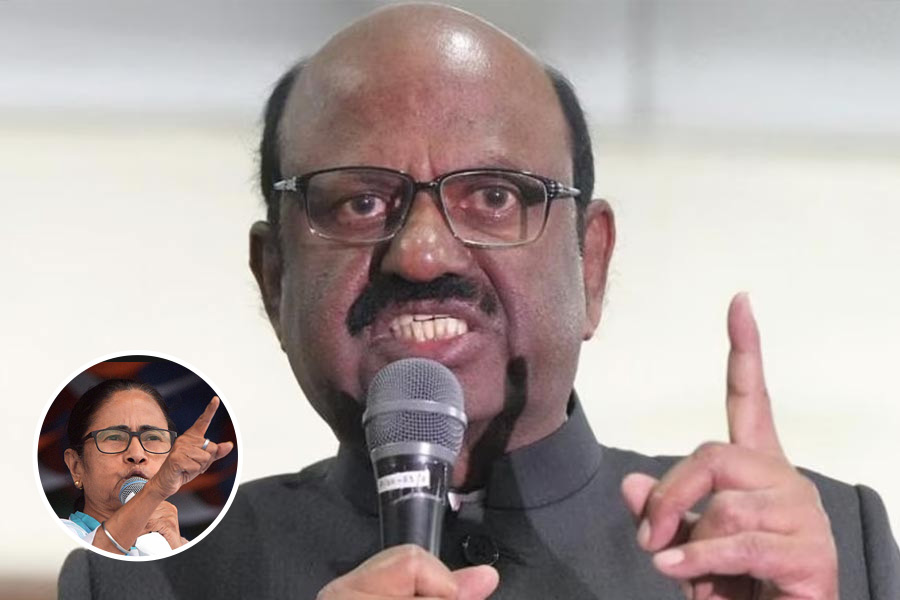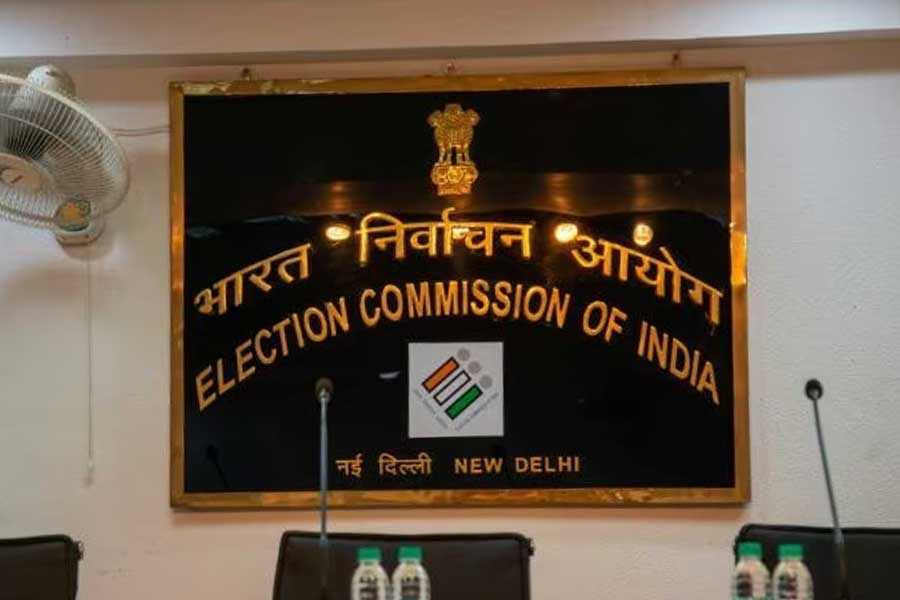UN figures showing India is about to overtake China as the most populous country in the world has triggered a spate of “whither India” articles in the British media, the latest being another one critical of Prime Minister Narendra Modi in the Observer.
Like the Guardian, its sister paper, the Observer is also Left leaning and supports the Labour Party. First published in 1791, it claims to be the world’s oldest newspaper.
The paper has given its opinion on Sunday in a leading article, headed “Narendra Modi’s Hindu nationalist government is escalating its attack on civil rights”.
It acknowledges that “India has many things going for it these days but the growing authoritarianism of Prime Minister Narendra Modi’s Right-wing Hindu nationalist government is not one of them”.
Referring to what is happening to Rahul Gandhi, it says “it is difficult not to view this case as politically motivated”.
It anticipates arguments from Indians who declare an imperfect West is in no position to lecture India and concludes: “India’s friends have a duty to speak up. The US and Britain, like other western democracies, have been too ready to overlook Modi’s authoritarian trajectory as they seek his backing in their battles with Russia and China. This is short-sighted. They should be braver. Democracy in India is a global asset. Its loss would be a global tragedy.”
Much more philosophical and different in many ways is a piece written by columnist Matthew Syed in the Sunday Times, headed, “India, once the jewel in our empire, has the power to shape the world. Set to become the most populous country on earth, it is emerging as a vital counterweight to China.”
He says he wants to write about national identity, and goes on: “I will focus on India which, in my view, and I may be biased, is one of the most fascinating nations in the world. My late dad was born there and I once visited the Banjara Hills, where he came into the world, along with odysseys to Delhi, Bombay, Uttar Pradesh and the Taj Mahal, part of seeking to understand my own history and heritage. India is about to become the most populous nation on Earth, with a rapidly growing economy, chairmanship of the G20 and a vital counterweight to totalitarian China….This, though, is a good moment to think about our former colony, the jewel in the empire, for it will shape the future of our world.”
The UK’s Indian-origin population is, at least, 2.5 million.
Syed, born in Reading Berkshire, in 1970 (his mother is Welsh), believes people everywhere hanker for strong leadership: “According to the World Values Survey of 2014 (when Narendra Modi first came to power), 56 per cent of people supported government by a strong leader.”
He seeks to analyse Modi’s strategy: “Modi has, of course, weaponised this groundswell of desire for strong central action... going after opponents (the main Opposition leader was sentenced to a two-year jail term last week). He has also sought to build a sense of national identity based upon Hinduism, thus alienating millions of Muslims and causing spasms of religious violence. This has understandably outraged those who believe in the secular state. It is also worth noting that Modi hasn’t yet condemned the invasion of Ukraine, part of a long policy of closeness to Russia, which is deeply regrettable.
“The future will thus depend on a leader capable of marrying a broad national identity — encompassing all the peoples of India — with a sufficiently strong state to continue the process of modernisation. Admittedly, this will not be easy.
“But, to finish on a personal note, I dearly hope that India succeeds. A vibrant India would be a huge blessing not just for the wonderful people of that nation but the wider world. It would thwart the ambitions of China, particularly in the Indo-Pacific, and send a wider message about the possibilities of democracy. And then perhaps we will all proclaim with Mark Twain that India is ‘the one land that all men desire to see, and having seen once, by even a glimpse, would not give that glimpse for all the shows of all the rest of the globe combined.’”










